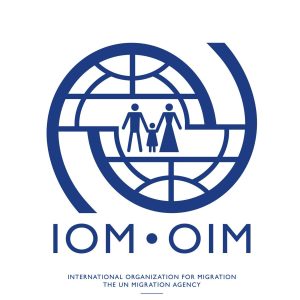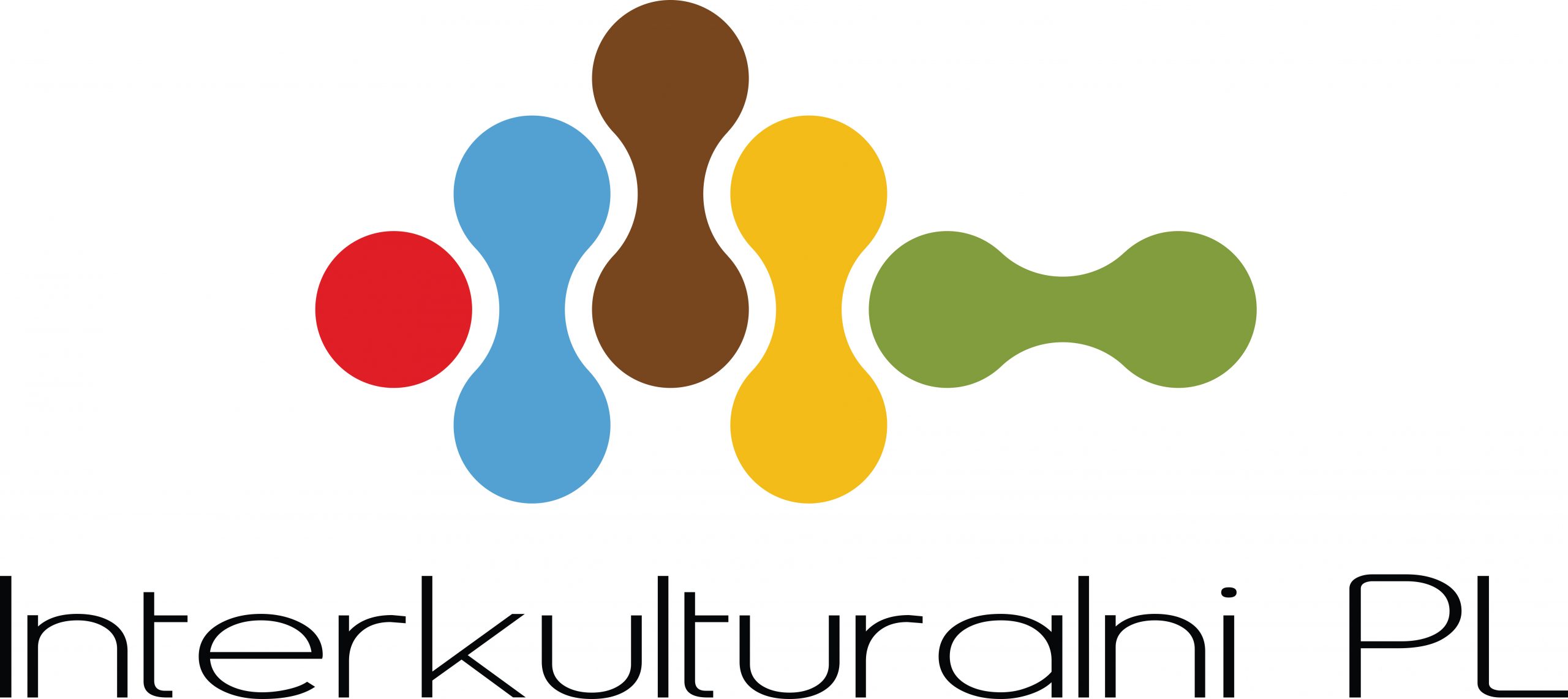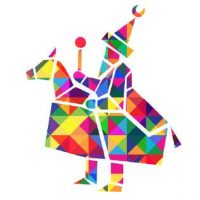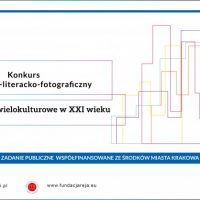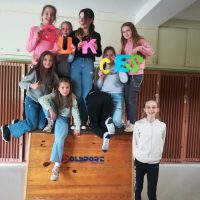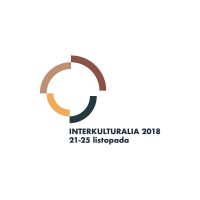
The project was implemented in cooperation with the One World – One Heart Foundation and the Secondary Education Bursa No. 2 in Krakow. It was a unique undertaking consisting of 10 meetings that focused on inspiring workshops that integrated young people and developed their personal and social skills.
Topics of meetings and workshops: group problem solving, personal development, empathetic communication, stress management, strategies for coping with stress, culinary arts workshops, learning about the heritage of the local district, simulation of overcoming alienation and exclusion, and film screenings with lectures. The project aimed not only to build tolerance and understanding among young people, but also to integrate the community and support the individual development of each participant.
Activities financed by IOM Poland.
